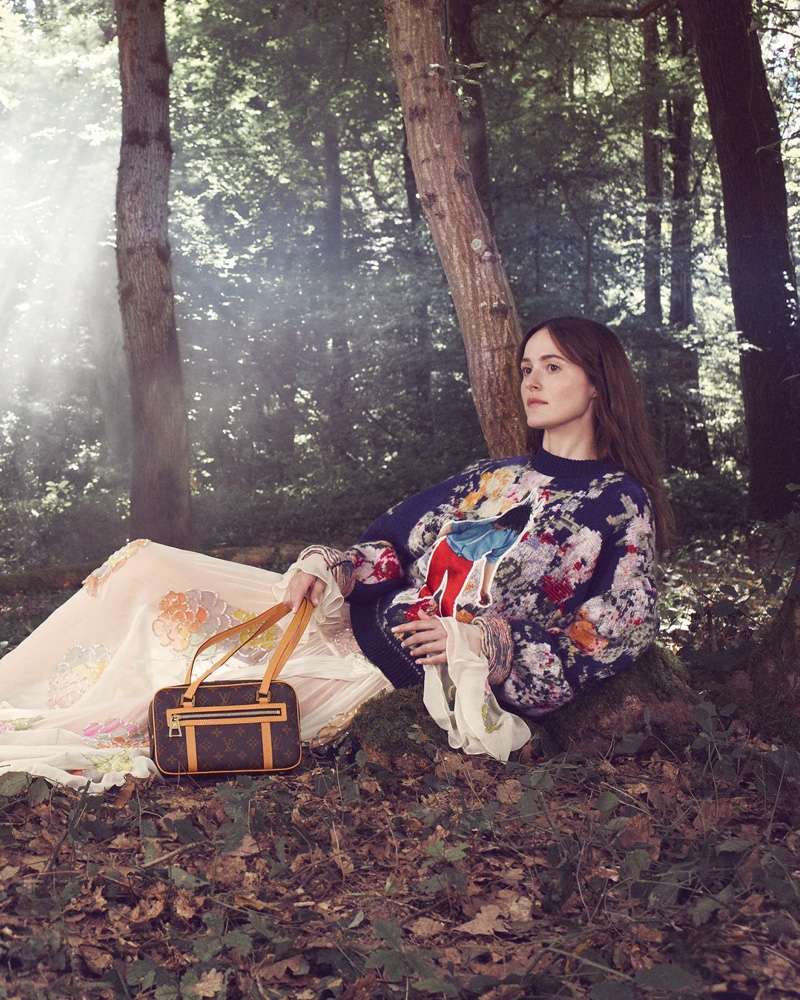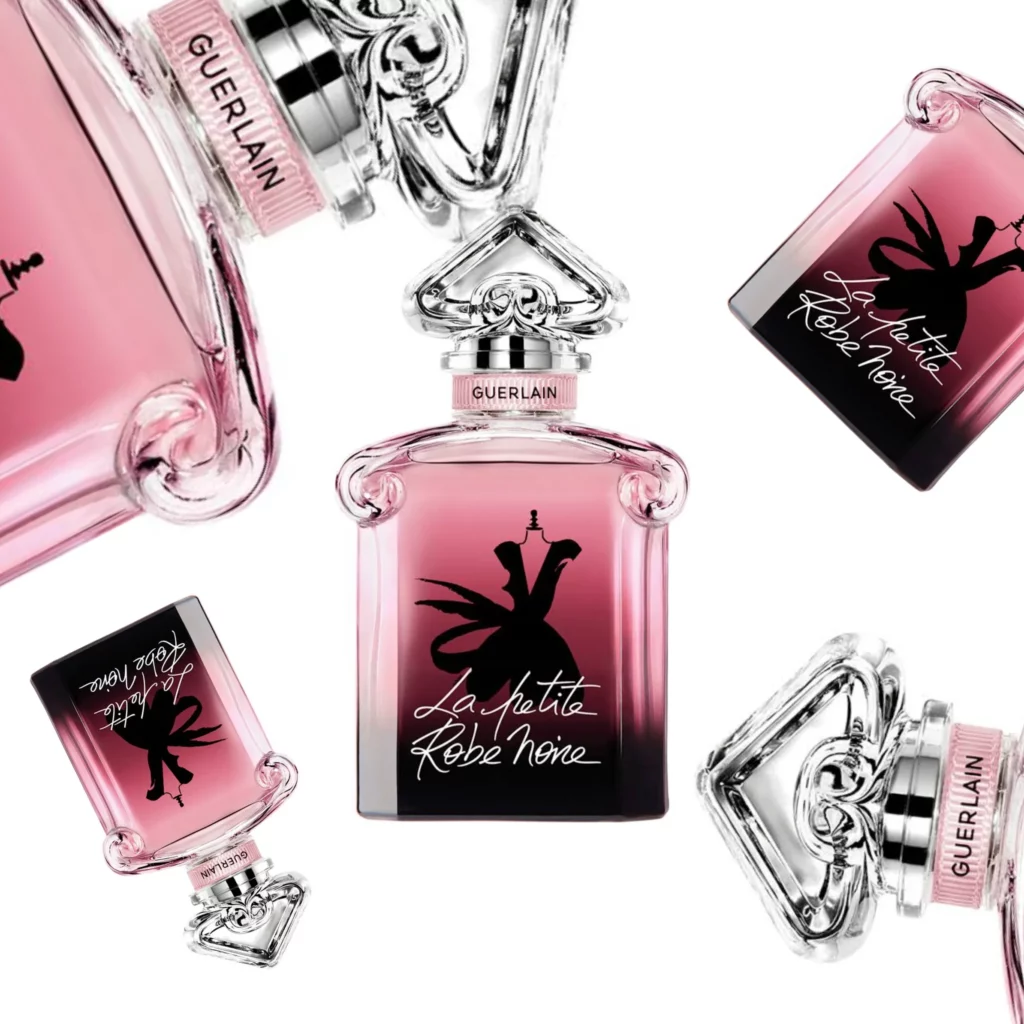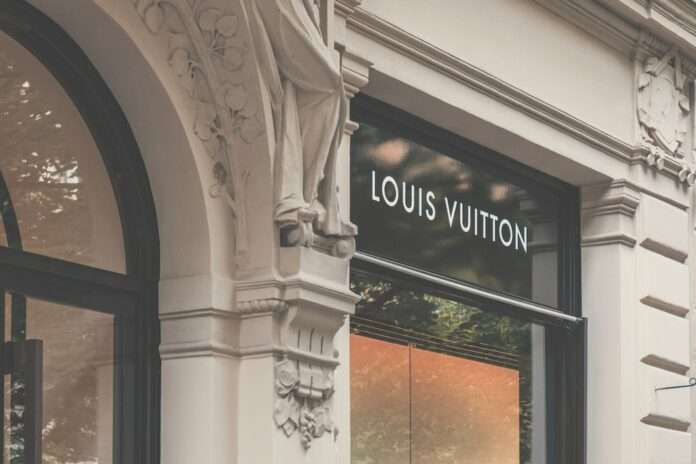In response to an escalating drought crisis in France, luxury group LVMH is updating its “Life 360” environmental objectives to better manage its water use.
LVMH, the parent company to luxury labels including Louis Vuitton, Moët Hennessy, Tiffany & Co., Christian Dior, and Fendi, among others, says it intends to decrease its total water usage by 30 percent by 2030 across all its international operations.
Water conservation has long been a focus, the group says, but it says the present situation demands a fresh perspective. Global water shortages are “imminent,” warned a United Nations World Water Development Report released in May.
“There is an urgent need to establish strong international mechanisms to prevent the global water crisis from spiraling out of control,” Audrey Azoulay UNESCO Director-General, said in a statement accompanying the report. “Water is our common future and it is essential to act together to share it equitably and manage it sustainably.”
According to UNESCO, 26 percent of the global population — approximately 2 billion people — do not have access to safe drinking water, and a further 3.6 billion, 46 percent of the global population, lack access to safely managed sanitation. The report says 2 to 3 billion people experience water shortages for at least one month a year. That loss threatens food security and access to electricity, among other risks. The report also highlights that the growing global urban population facing water scarcity will more than double from 930 million in 2016 to as much as 2.4 billion people by 2050.

LVMH’s new measures are the initial phase in its comprehensive water strategy. The company says it will establish standards for use reduction and discharge, pending validation by the Science Based Targets for Nature group, a coalition of NGOs assisting companies in assessing their impact on nature.
This announcement follows last year’s unveiling of an energy conservation plan, which LVMH aims to use to decrease energy usage by ten percent across all of its labels. “Under the dual pressure of demographic change and the consequences of global warming, water is now a resource under stress,” the company said. “It is subject to restrictions on use and requires the adoption of specific action plans.”
The new measures align with French President Emmanuel Macron’s industrial sector water usage reduction strategy unveiled in March, which includes a ten percent recycling and reusing water goal by 2030. LVMH, however, is setting the bar higher, targeting a 30 percent reduction.
“Reducing water consumption has been an integral part of LVMH’s environmental strategy for the past ten years,” Hélène Valade, the LVMH environmental development director, told WWD. “In response to growing pressure on this essential resource, the group has set targets for controlling consumption across its entire value chain: as a leader in the luxury goods industry, it is our responsibility to mobilize all stakeholders around the sustainable use of water.”

As part of its strategy to achieve this goal, LVMH will use pressure indicators and geolocation data to implement specific action plans in regions facing water scarcity. New technologies will be used to reuse treated wastewater, harvest rainwater at production sites, and further extend the company’s regenerative agriculture program initiated in 2021.
Moreover, LVMH plans to adopt more manufacturing procedures that are less water-intensive including efforts across perfumes and cosmetics, as well as to the raw materials for its apparel. It’s also making adjustments to its spirits portfolio; the Hennessy cognac brand cut its distilleries’ water consumption by 26 percent between 2019 and 2020. In 2021, the Moët Hennessy division announced the launch of a €20 million research and sustainable development center focused on future-proofing the brand against global warming.
The company calls water a “strategic resource” that contributes directly to the high quality of the products developed by LVMH, “and it is therefore its responsibility to act to preserve it,” the company said.
Related on Ethos:


